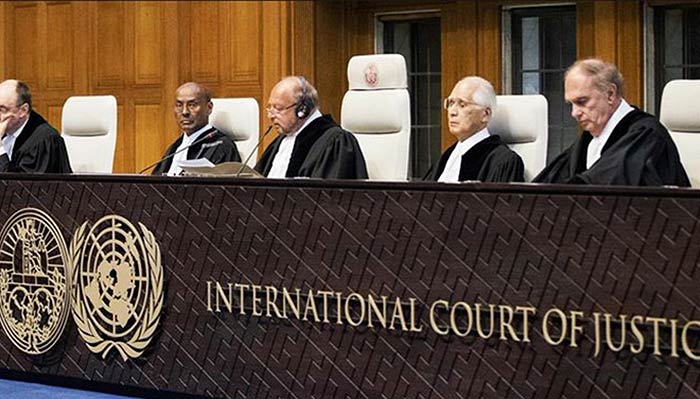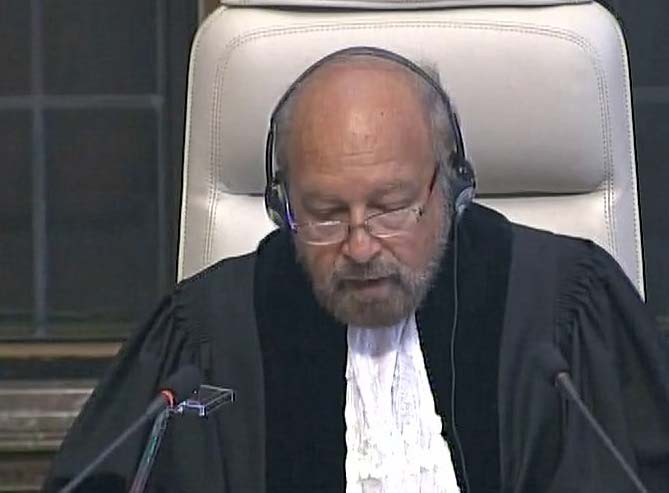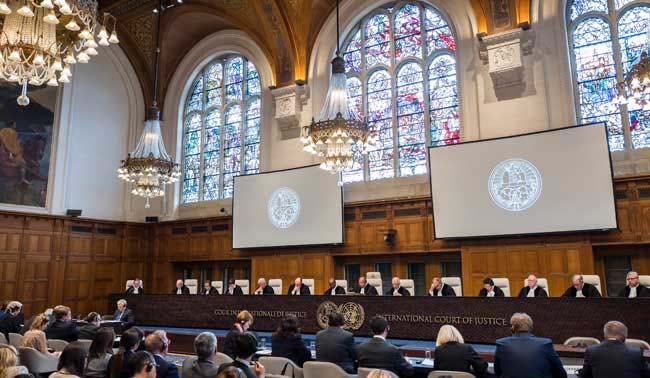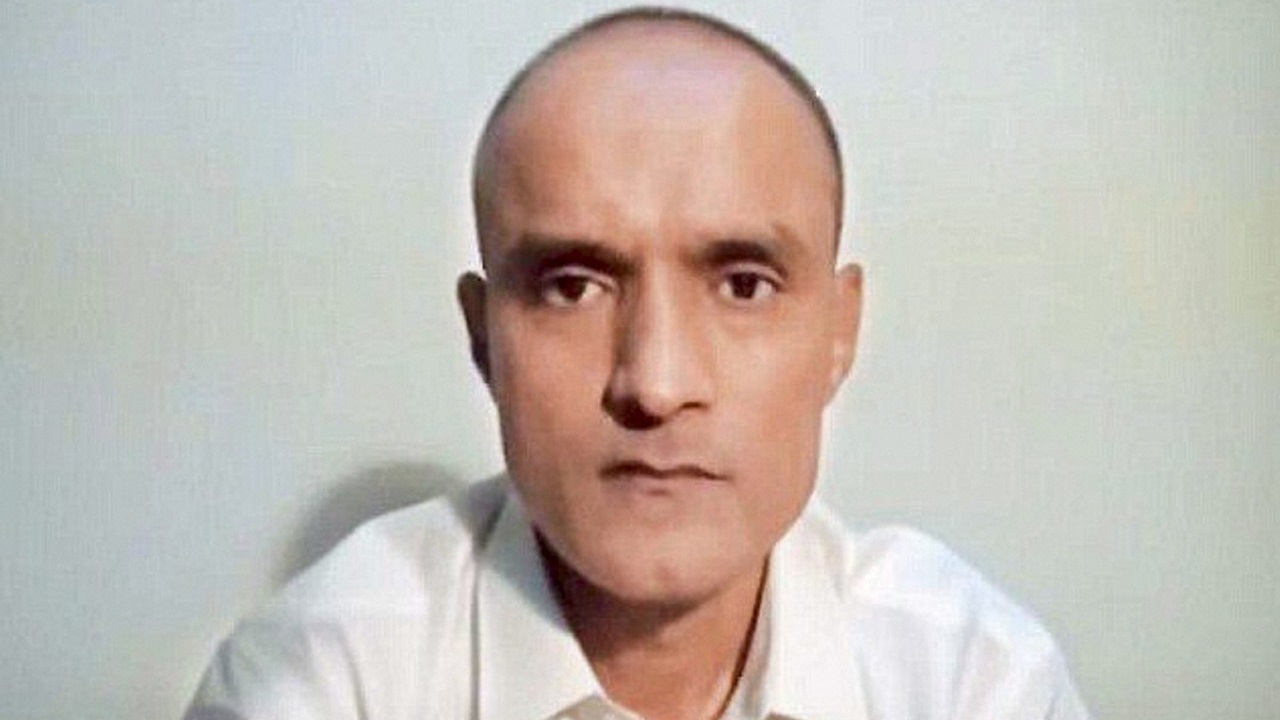 English
English

International Court of Justice stays death sentence given to Kulbhushan Jadhav by Pakistani military court until further notice.

The Hague: In a major reprieve to India, the International Court of Justice (ICJ), the primary judicial organ of the United Nations, has stayed the death sentence awarded to former Indian Naval officer and alleged Indian spy Kulbhushan Jadhav by the Pakistan military court, citing that both - India and Pakistan - were bound by the Vienna Convention and that the rights invoked by New Delhi under the Vienna Convention were plausible.
Justice Ronny Abraham of the ICJ read out the much-awaited verdict and asserted that the case was indeed debatable, while also adding that the ICJ had prime facie jurisdiction in the case.
Abraham added that under the Vienna Convention, India should have received consular access to seek justice for the former Indian Naval officer.
The only condition under which Jadhav now stands to face execution is if Pakistan does not comply with the ICJ's decision. India can then go to the Security Council, which may then decide upon measures to be taken to give effect to the judgement.

The UN charter entails that 'each member of the United Nations undertakes to comply with the decision of the International Court of Justice' and 'if any party to a case fails to perform the obligations, the other party may have recourse to the Security Council.'
Also Read: PIL filed in HC seeking response from Centre over Kulbhushan Jadhav's release
A Pakistan military court had awarded the death sentence to former Indian naval officer Jadhav on April 10 for alleged "espionage and subversive activities."
However, India, after being denied consular access for 16th time, dragged Pakistan to the ICJ on May 8 for violating the Vienna Convention.
India told the ICJ that immediate steps must be taken to stop Pakistan from carrying out the death sentence of Jadhav. Demanding the immediate suspension of the death sentence, New Delhi expressed fear that Islamabad might execute the formal naval officer even before the hearing of the ICJ was over.
Pakistan, on its part, told the ICJ that the provisions of Vienna Convention on consular access were not applicable for a 'spy'. It also accused India of using the international body for political theatrics.

Arguing before the 11-judge bench at the ICJ, which included former Supreme Court Judge Dalveer Bhandari, India's counsel Harish Salve stressed that not granting consular access and not giving legal representation of Jadhav's choosing amounted to a "miscarriage of justice" and a "violation of his right" to defend himself from concocted charges in a "farcical trial".
Also Read: UN evades question on Kulbhushan Jadhav's death sentence
India told the ICJ that immediate steps must be taken to stop Pakistan's from carrying out the death sentence of Jadhav.
Salve had told the court that India couldn't arrange for Jadhav's defence due to denial of consular access by Pakistan. He said India made innumerable requests for consular access, but Pakistan refused to provide documents relating to the case and consular access to him.
Pakistan raised the confession statement of Jadhav as a base of its argument and accused India of using the ICJ for its "political theatrics." India termed that the confession of Jadhav was forcibly taken by the military while in captivity and he was tried by a military court in Pakistan.

Pakistan's counsel Khawar Qureshi, while presenting Islamabad's stance in the ICJ on death sentence handed to Jadhav, said that the former naval officer entered Islamabad through Iran using a fake passport.
He told the court that Pakistan had given India all information regarding Jadhav's investigation, but didn't receive any response from New Delhi.
India demanded the immediate suspension of Jadhav's death sentence but Pakistan presented the Kulbhushan Jadhav case as a matter of national security and the ICJ's decision would not apply to "matters related to the national security of Pakistan." (ANI)